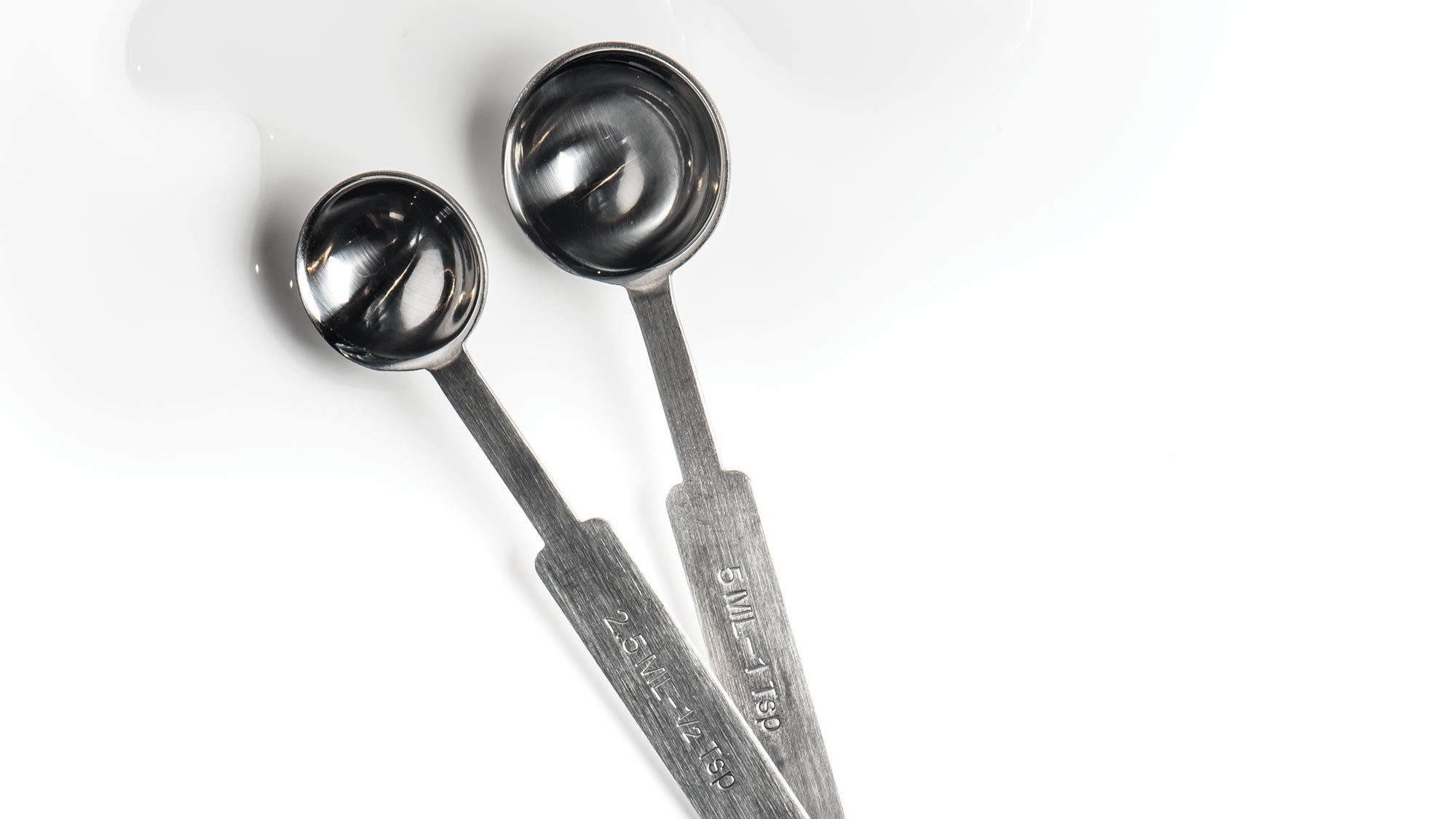Is MCT Oil the Next Fish Oil?

MCT stands for medium-chain triglycerides, which is a form of saturated fats that have some interesting features. It has long been used by bodybuilders as a supplement due to their tendency to be burned by the body as energy rather than stored as fat around your waist. And there’s a lot of ongoing research on MCTs and the brain.
First, some background. All fatty acids are chains of carbon molecules, and they are categorized by the number of carbons in their chain. Short-chain fatty acids are fatty acids with six or fewer carbons; long-chain fatty acids are those with 12 or more carbons; and medium-chain fatty acids are those with eight to 10 carbons.
Many integrative neurologists – such as David Perlmutter, MD – recommend diets high in MCTs because of their positive effect on the brain. Indeed, ketogenic diets with MCTs are an accepted treatment for childhood epilepsy at many of the top hospitals around the country because MCTs produce ketones, which help stabilize brain waves. Ketones are a wonderful alternative to glucose (sugar) as a source of fuel for the heart, brain and skeletal muscles. There are even MCT-based drugs and medical foods being tested in clinical trials that may help Alzheimer’s patients by creating ketones that help brain neurons become better able to utilize glucose in order to fuel and energize the brain.
The main fat in coconut oil is actually lauric acid, which, at a carbon length of 12, doesn’t really qualify as an MCT even though many manufacturers call it one (and include it in the percentage of MCTs they claim for their coconut oil). Meanwhile, a true MCT oil supplement – such as Bulletproof Brain Octane – won’t contain any lauric acid, only one or both of the two true medium-chain fatty acids, caprylic acid (eight carbons) and capric acid (10 carbons).
Both coconut oil and MCT oil have their advocates, and many people use both. MCT oil is a good, fast-burning source of calories and a very healthy fat that apparently has some nice benefits for the brain because it stabilizes brain waves and fuels the brain with energy. But you can’t cook with it because it is very unstable at high heat. On the other hand, coconut oil is terrific for cooking. And its main fat, lauric acid, may not technically be an MCT, but it’s highly antimicrobial and good for the immune system. I see uses for and like both of them, so incorporate both into your clean-eating diet.